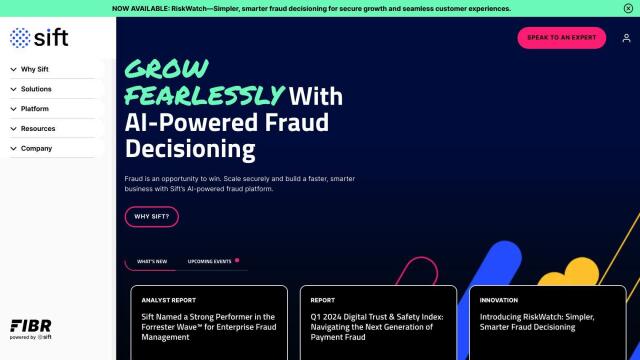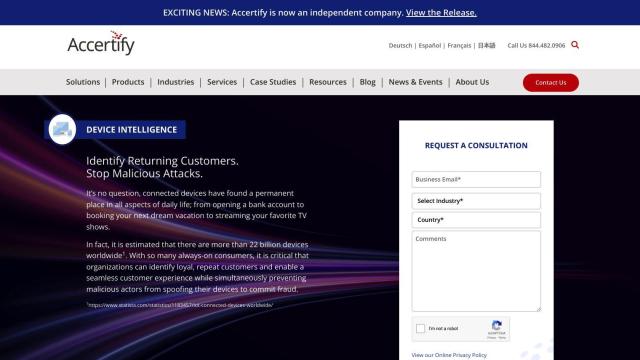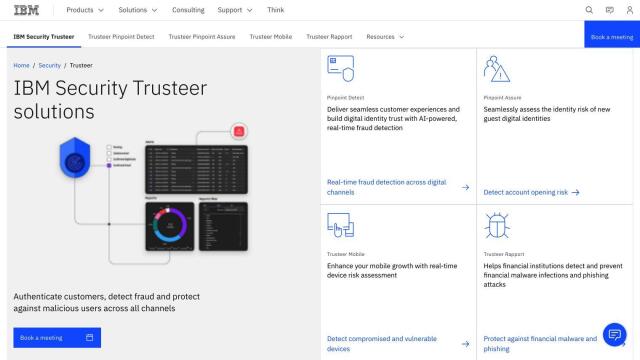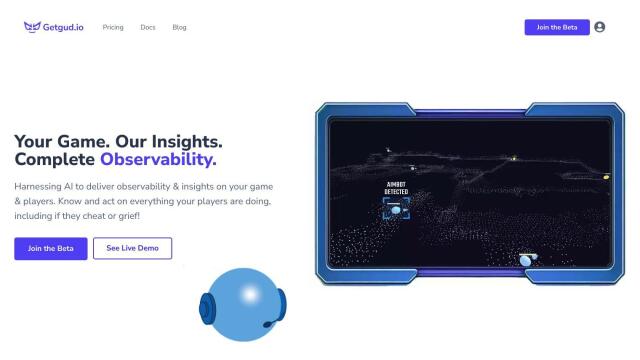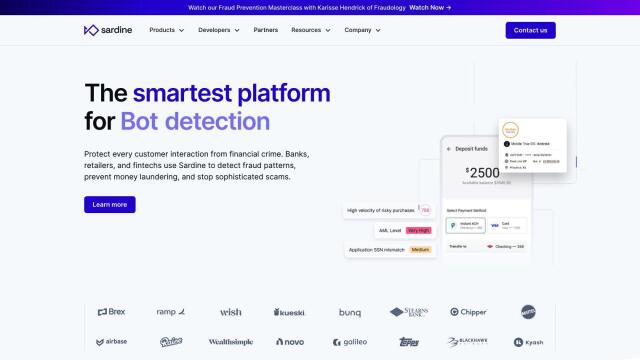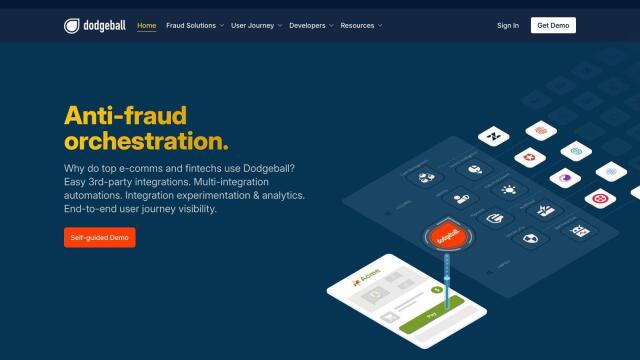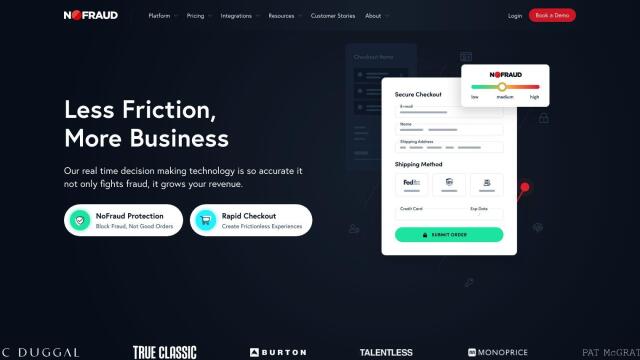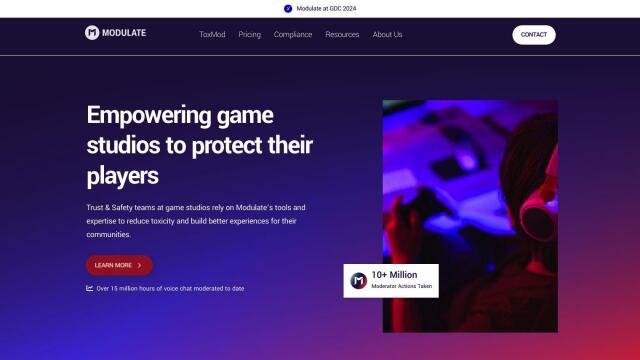Question: Do you know of a solution that can help game publishers recover revenue lost to in-app purchase abuse and fraud?

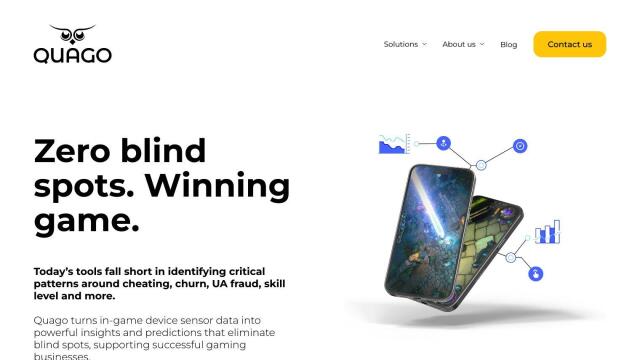
Quago
For game publishers trying to reclaim revenue lost to in-app purchase abuse and fraud, Quago is a good option. This platform uses machine learning to analyze billions of sensor-based signals from devices to help gaming companies detect cheating, predict churn, and identify user acquisition fraud. Quago offers real-time insights without collecting personally identifiable information, protecting user privacy while maximizing retention and monetization.

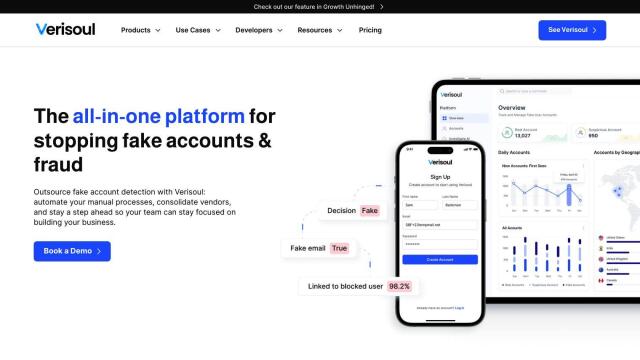
Verisoul
Another powerful option is Verisoul, a fraud detection and prevention platform that automates manual processes and consolidates vendors to outpace fraudulent activity. Verisoul covers a range of fraud types, including fake accounts, bot activity and payment fraud, with a broad range of signals including device fingerprinting and proxy detection. This means game publishers can have confidence in the integrity of their digital transactions and guard against in-app purchase abuse.


Forter
Forter is another good option, with real-time decisions for every customer interaction to minimize risk and prevent fraud. Its Identity Intelligence platform includes fraud management, payment optimization and chargeback recovery, which can dramatically reduce payment fraud and chargebacks. By providing instant trust assessments, Forter enables game publishers to make the best possible decisions on customer transactions, maximizing customer lifetime value.


Arkose Labs
Last, Arkose Labs helps companies prevent digital fraud and bot attacks, including fake account creation and bonus abuse. With real-time risk assessments and machine learning analytics, the platform offers transparent risk insights and a $1 million guarantee against account takeovers, SMS toll fraud and credential stuffing. That can be useful for game publishers trying to protect their customer data and prevent financial losses from fraud.

